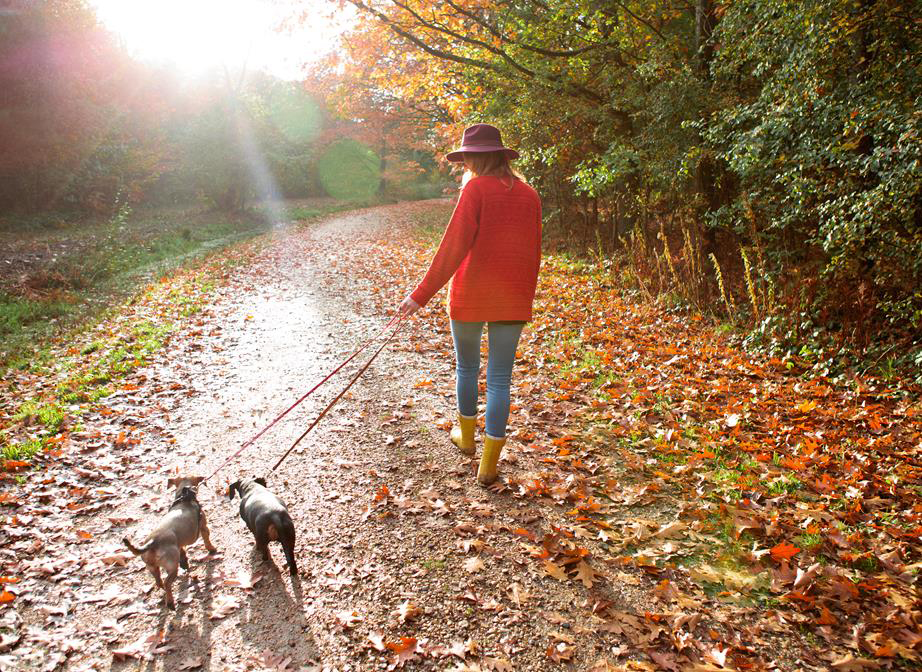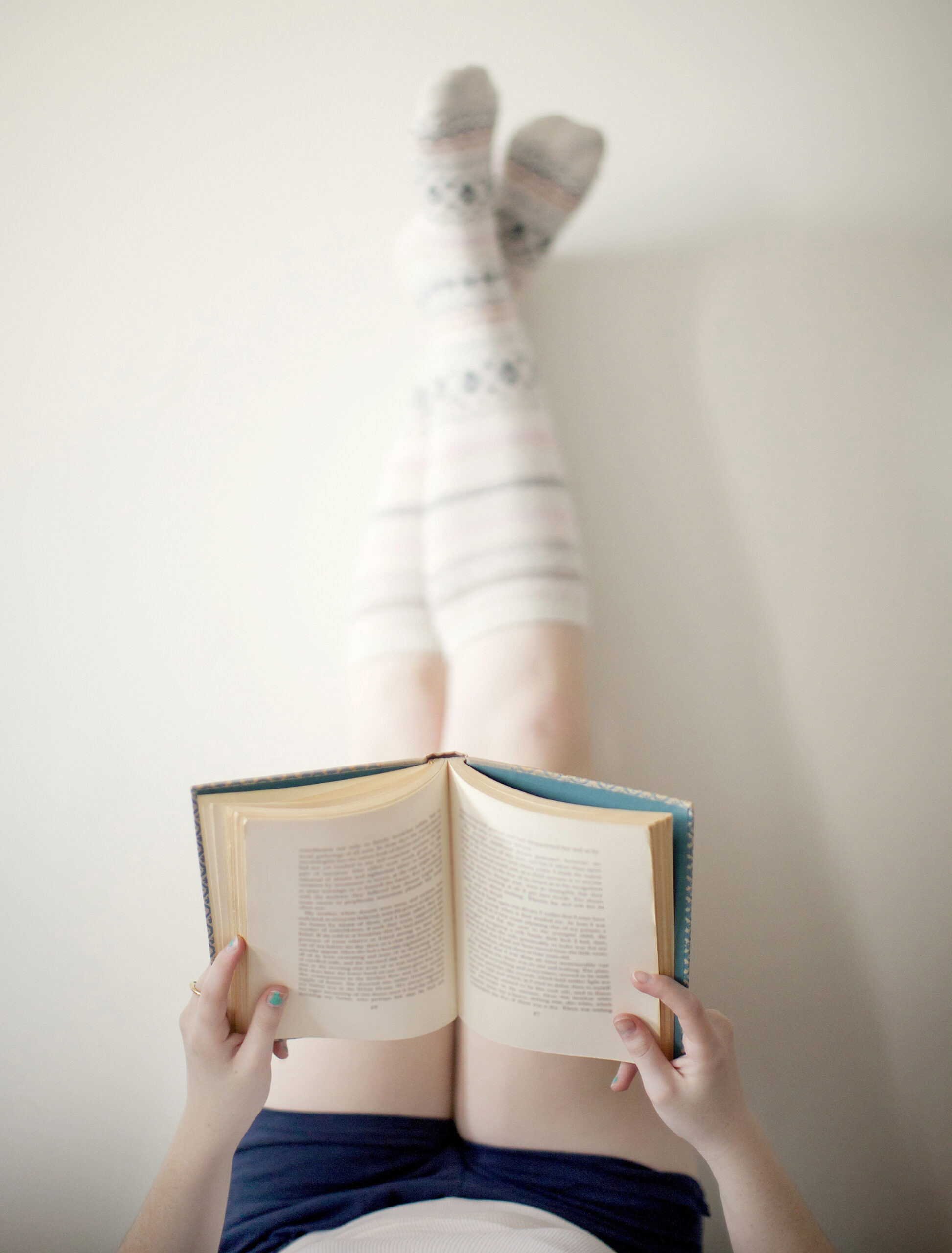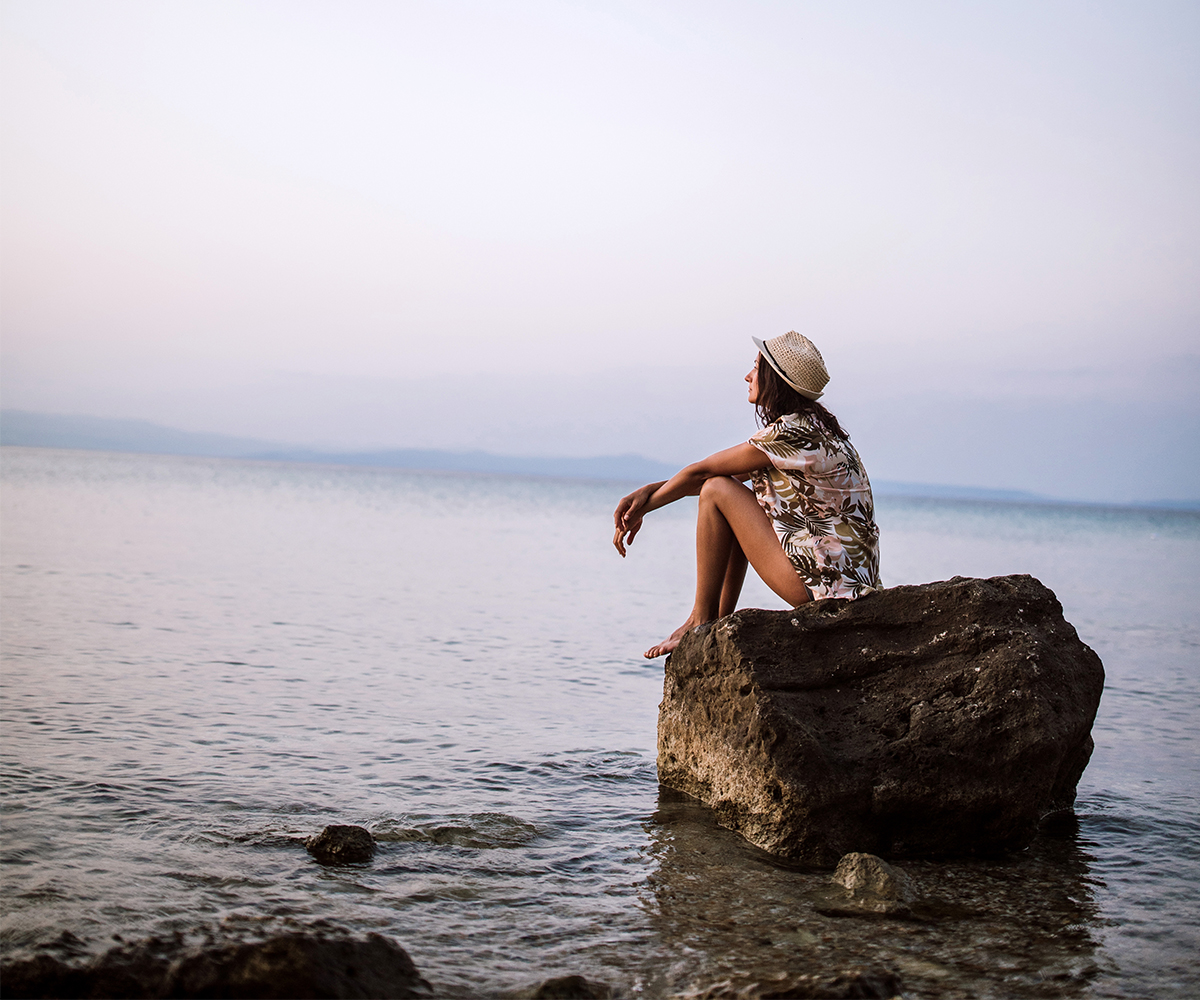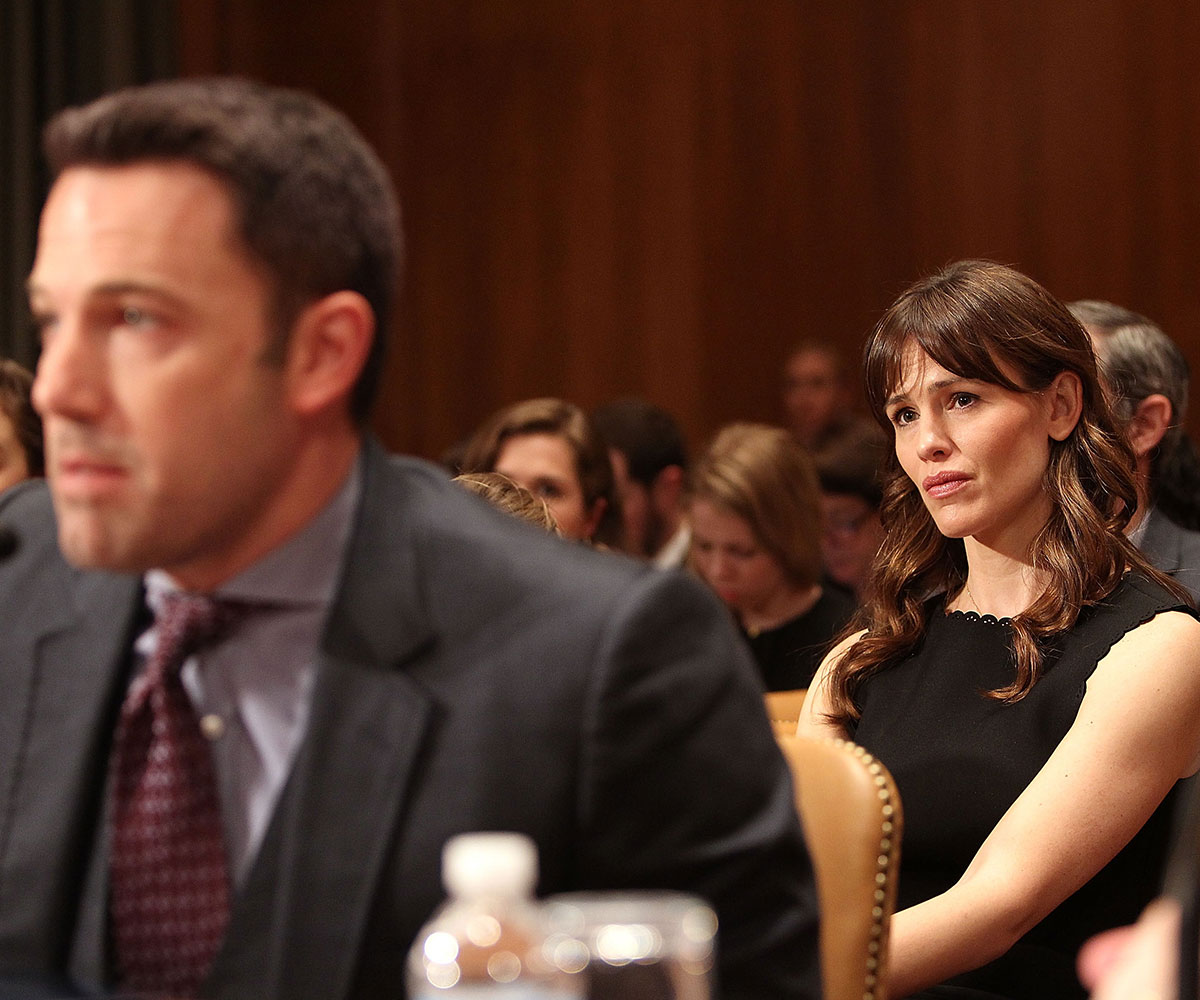Have you been hanging out for the holidays and your chance to unwind after another busy year?
Beaches, barbecues, sunshine and lazy days are calling.
But what will happen once summer is over and normal life resumes? How long before you feel stressed and exhausted, and forget you ever had a break at all?
There is plenty of science to prove that relaxation is vital for good health.
It lowers blood pressure, boosts immunity and brain power, and helps us manage our moods – a chronic lack of rest can lead to anxiety disorders, panic attacks and depression.

However, taking a break once or twice a year isn’t good enough. Rest needs to become a daily habit.
“It’s not seen as a priority,” says life coach Louise Thompson, author of The Busy Woman’s Guide To High Energy Happiness.
“We’ve demonised doing nothing; instead we celebrate being busy. Women in particular suffer enormous feelings of guilt if they’re not contributing to something or someone every moment of the day. We’ve downgraded rest and relaxation when we need it in order to function at our optimum – not just physically, but mentally, emotionally and spiritually.”
Louise is passionate about helping people create opportunities for rest in their lives because she has personal experience of how bad burnout can be when you don’t take time out.
In her previous corporate job, she pushed herself so hard, she collapsed. “I burned out so completely, I couldn’t work for a year and was bedridden for four months,” she says. “Looking back, it was just so stupid.”

It’s time to reframe relaxation as an everyday necessity in life – as vital as healthy eating and adequate sleep.
The trouble is there isn’t a simple prescription for how much rest each of us needs or what it should involve. That tends to come down to factors like our personality type or stage of life.
Generally rest falls into two categories – active and passive – and we need both.
When she is feeling mentally tired, a boxing session is relaxing for Louise because it requires her to put everything else aside and focus her brain completely on what she is doing. But when she is physically exhausted, a meditation session is a better option.
It’s all about properly listening to the signals your body is sending you and following them, she says. “We have such a strong coffee culture in New Zealand and when we’re tired, we take it as a signal to go and buy another flat white. In fact, that is the body saying it could do with some downtime to recharge. Your body knows when it’s time to rest, it’s just that we habitually overrule it.”
One survey in the US found that 62 percent of parents feel guilty relaxing and a third of people felt stressed just thinking about it.
In this screen-obsessed modern era, many of us worry more about the battery on our phones running low than our own internal batteries.
That is crazy, says Louise, who advises her clients to use checking their phone battery as a cue to also check in with their bodies. If their energy levels are feeling depleted, it’s time to build some rest and recovery into the day.

Meditation is a proven relaxation strategy. It doesn’t seem to matter which type you choose – all of them help to reduce stress, anxiety and fatigue and show potential to ameliorate more serious conditions such as asthma, heart disease, chronic pain and irritable bowel disorders.
Techniques such as tai chi, yoga nidra and qi gong are beneficial, but if you’re juggling work and family, it can be difficult to fit in a session.
Progressive muscle relaxation is a very simple strategy that can be practised pretty much anywhere. This helps release tensions you might not even be aware of.
Start by tensing the muscles in your toes for about five seconds, then relax them for 30 seconds. Repeat with each of your muscle groups, slowly working your way up the body. Practising this daily will help you learn to distinguish between your relaxed and tense states.
Mindfulness is another way of taking potent micro-breaks throughout the day. Almost anything can be done mindfully, from brushing your teeth to washing the dishes, but the key is to focus totally on the activity at hand rather than dwelling on the past or thinking about things that haven’t happened yet.
Focusing on breathing is also a key to proper relaxation. Many of us mouth-breathe from the upper chest, which triggers the sympathetic nervous system, accelerating the heart rate, increasing blood pressure, stimulating our fight-or-flight response, and leading to feelings of anxiety.
A relaxing breath should come from the lower chest and abdomen. At rest, an adult ought to take around 10-14 breaths a minute; the exhale should be longer than the inhale and finish with a short pause. Most importantly, breathing should be through the nose rather than the mouth.
An ideal method of relaxation might be browsing a magazine or reading a really good book, or just sitting and gazing at the garden. “We look at it as doing nothing,” says Louise. “But you are doing something – you’re resting.”
If you have the type of personality that thrives on working to a schedule, she suggests booking some rest into your plan for the day. That may mean scheduling a regular meditation session or setting up a smartphone reminder to take regular breaks.
Some of Louise’s clients keep a pair of training shoes in their car.
“On their way home from work, they stop for 15 minutes and go for a walk that nobody knows about, then get back in their car and go home,” she explains.
“We all need a period of time in our day when we are not giving our energy to another human being, even if it’s just for 15 minutes.”

.jpg)
